Industrial instruments and devices play a crucial role in modern industries by providing precise monitoring, control, and data acquisition for various processes. These devices are used in environments ranging from manufacturing and oil and gas extraction to pharmaceuticals and food production. Ensuring their safety and reliability is vital to avoid accidents, ensure compliance, and maintain operational efficiency. Safety certification provides a standardized method to verify that these instruments meet stringent safety, performance, and quality requirements. Below, we explore the detailed significance of safety certification in the industrial sector.
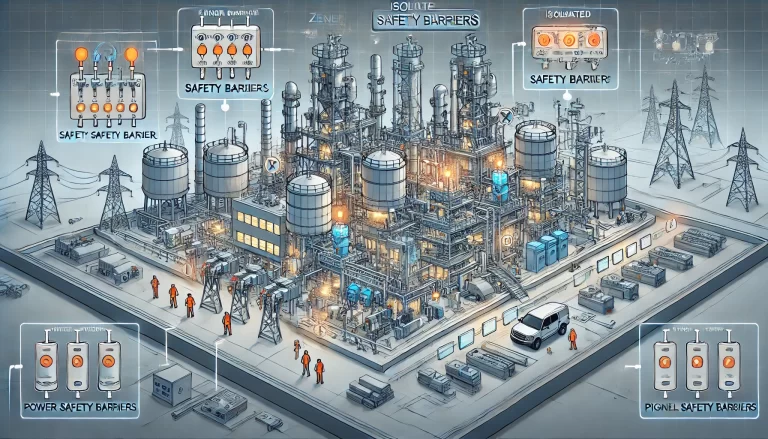
1. Ensuring Product Safety
Industrial instruments often operate in environments with high temperatures, pressures, or exposure to hazardous materials. Safety certification ensures that these devices can withstand these conditions without malfunctioning, thus:
- Protecting Personnel: Certified instruments reduce risks of injury or harm to operators. For example, a certified pressure gauge is less likely to burst under high pressure, preventing physical injuries.
- Safeguarding Equipment: Reliable instruments ensure process stability, reducing the chances of cascading failures in industrial setups.
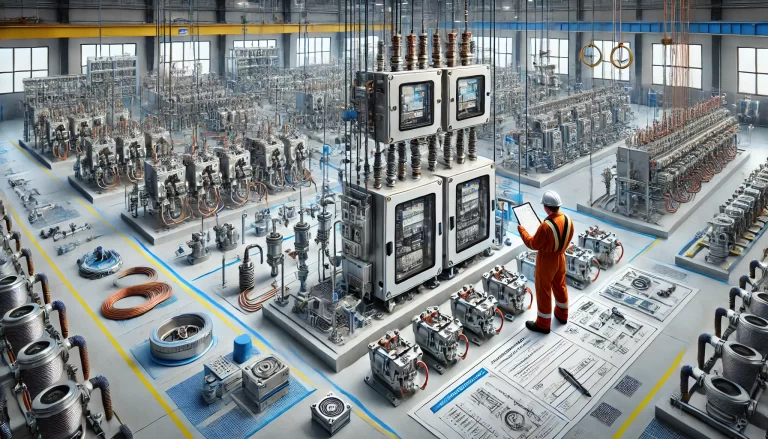
2. Compliance with Industry Regulations
Regulatory bodies impose strict standards on industrial devices to ensure their safe operation in specific environments. Safety certifications demonstrate that an instrument complies with these regulations, which are often legally mandated. Key standards include:
- Explosion-Proof Certifications (ATEX, IECEx): Required for devices used in explosive atmospheres, such as oil and gas facilities.
- Functional Safety Standards (IEC 61508, ISO 13849): Ensure the reliability of devices in controlling or mitigating risks during hazardous scenarios.
- Electrical Safety Standards (UL, CSA): Guarantee safe operation in electrically sensitive environments.
Compliance not only avoids legal penalties but also ensures smooth market entry in regions with stringent safety requirements.
3. Building Market Competitiveness
Safety certifications act as a mark of quality and reliability, offering competitive advantages in the industrial market. Many industries and clients prioritize certified products over non-certified alternatives to ensure the highest levels of safety and performance. Certification often becomes a decisive factor in procurement processes, especially for sectors like:
- Petrochemical and Oil & Gas: Where the potential risks of malfunction are catastrophic.
- Pharmaceuticals: Where precise monitoring and control are critical for product integrity.
- Energy & Utilities: Where reliability and durability are essential to prevent costly downtimes.
4. Strengthening Customer Trust
Safety certification builds confidence among end-users, stakeholders, and regulatory authorities by offering assurance that a device meets industry-accepted safety benchmarks. Certified products are more likely to be trusted in high-stakes environments. For example:
- A certified flowmeter used in chemical processing provides confidence that it will function without leaks or misreadings, even under corrosive conditions.
- Certified pressure transmitters in nuclear plants reassure clients about their resilience in extreme environments.
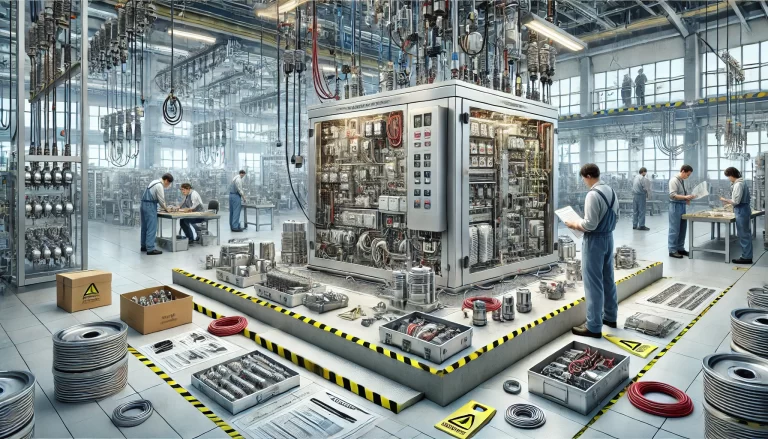
5. Meeting Industry-Specific Application Needs
Different industries pose unique safety challenges, and certifications ensure that instruments are tailored to address these needs:
- Oil & Gas: Devices must comply with explosion-proof standards to avoid triggering fires or explosions.
- Pharmaceuticals and Food: Instruments must meet hygiene and material safety certifications (e.g., FDA, EHEDG) to prevent contamination.
- Chemical Industry: Process safety certifications ensure that control systems prevent dangerous chemical reactions or leaks.
6. Reducing Liability and Risk
Using uncertified or substandard instruments can lead to catastrophic failures, resulting in accidents, lawsuits, and reputation damage. Certified devices:
- Minimize the risk of accidents by ensuring operational safety and reliability.
- Lower liability for manufacturers and operators by adhering to safety standards.
- Mitigate financial losses from operational downtime, equipment failure, or litigation caused by accidents.
For instance, a certified gas detector in a refinery reduces the risk of explosions, ensuring operational continuity and worker safety while avoiding potential lawsuits.
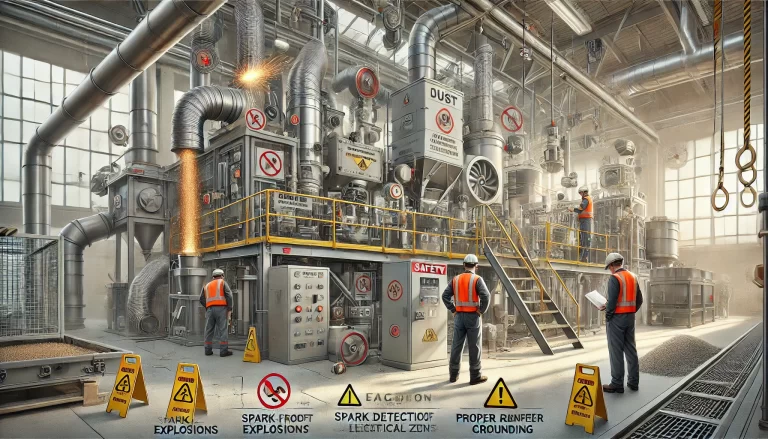
7. Driving Technological Innovation
The certification process often involves rigorous testing, evaluation, and redesign of products to meet safety standards. This process:
- Encourages manufacturers to innovate and improve product designs.
- Leads to the development of more robust, efficient, and adaptable instruments.
- Pushes industries toward adopting cutting-edge technology with better safety features.
Functional safety certifications, such as Safety Integrity Level (SIL) assessments, drive the development of fail-safe designs that minimize operational risks.
8. Improving Operational Efficiency
Certified instruments are often more reliable, durable, and efficient compared to their uncertified counterparts. In industrial environments, where operational uptime is critical, using certified devices ensures:
- Reduced Maintenance Costs: Certified products are less likely to fail, requiring fewer repairs or replacements.
- Enhanced Process Stability: Reliable instruments help maintain process control, reducing variability and waste.
For example, a certified temperature controller in food processing ensures consistent heating, reducing the risk of spoiled batches.
Common Types of Safety Certifications
- Explosion-Proof Certification (ATEX, IECEx, UL): Ensures devices are safe to use in explosive atmospheres.
- Functional Safety Certification (SIL, IEC 61508): Evaluates the reliability of safety-related systems.
- Electrical Safety Certification (CE, UL, CSA): Verifies electrical safety and compatibility with other devices.
- Material and Hygiene Certifications (FDA, EHEDG): Focus on materials used in industries like food and pharmaceuticals.
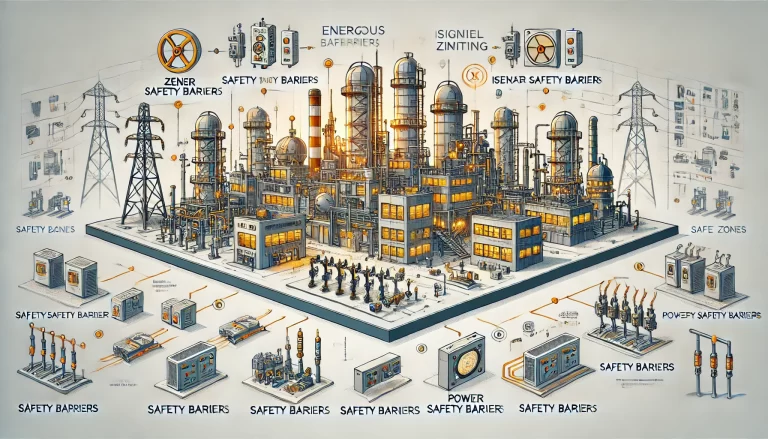
Conclusion
Safety certification for industrial instruments is not just a formality; it is a crucial step to ensure safety, reliability, and compliance in demanding industrial environments. It reduces risks, enhances customer trust, and builds a competitive edge for manufacturers. As industries evolve and safety regulations become stricter, obtaining and maintaining safety certifications will remain an indispensable part of industrial operations. Certified devices are key to achieving operational excellence, minimizing risks, and driving innovation in the industrial sector.
